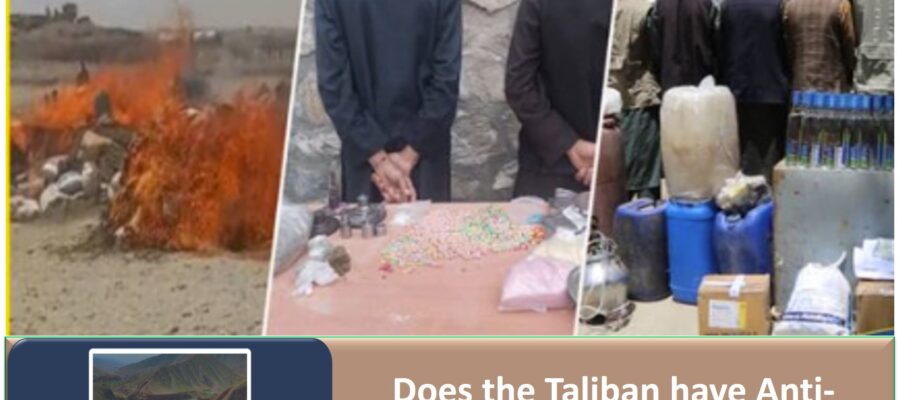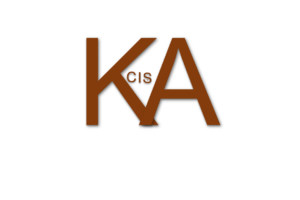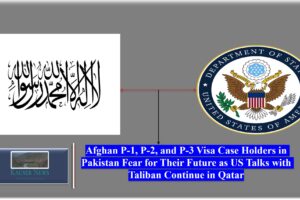Taliban MOI Reported ‘‘The anti-narcotics police found two drug and alcohol factories in the capital Kabul with 19 kilos of glass, 40 bottles of alcohol and a large number of narcotic pills and arrested 12 people in connection with it. Also, 5 people in Herat, 1/2 in connection with the sale of drugs.”

Afghanistan dominates global opium production, with the country accounting for approximately 85 percent of the total in 2020. Prior to the Taliban takeover, the drug trade was a major sector of the Afghan economy, employing a significant number of people.
Concerns have been raised about the Taliban’s ability to effectively address the issue of drug production and trafficking. Poppy production, in particular, has been a lucrative aspect of the drug trade in Afghanistan. Some experts expressed doubts about the Taliban’s capacity to eliminate drugs without negatively impacting the livelihoods of many Afghans and potentially facing resistance.
Following the Taliban takeover, Afghanistan experienced economic challenges due to various factors, including sanctions, the freezing of central bank assets, the removal of foreign aid, and the withdrawal of foreign law enforcement agencies. These circumstances not only affect the overall economy but also hampered the Taliban regime’s ability to combat the drug trade.
According to Atlantic Council Report August 24, 2022 ”Soon after taking power last August, the Taliban vowed to crack down on narcotics. Fast forward to April of this year, and they seemed to make good on that promise, issuing a decree that unequivocally banned the production and sale of illicit drugs.”





